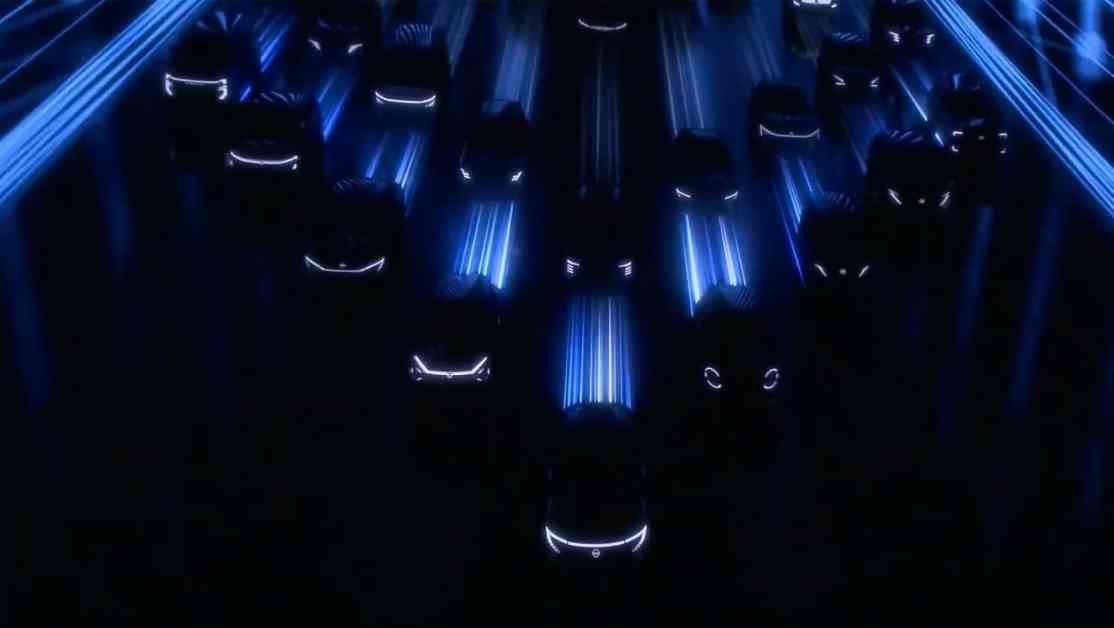Nissan is on a mission to lead the way in solid-state battery technology, a development that could have a significant impact on the electric vehicle (EV) market. The company has been working on solid-state batteries since 2018, with plans to have development cars on the road by 2026 and the first production car available for purchase in 2028.
Solid-state batteries have the potential to address many of the current barriers to widespread EV adoption. These new batteries offer faster charging speeds, better energy density, and the ability to use smaller batteries while maintaining the same energy capacity. One of the issues with current EV batteries is their weight, and solid-state batteries could help alleviate this problem.
Despite challenges in production, such as the need for strict cleanliness and moisture control, solid-state batteries are expected to be more affordable than current lithium-ion cells. Additionally, these new batteries will reduce the reliance on rare earth metals, which have their own environmental and ethical concerns. Nissan claims that solid-state batteries can charge up to 50% faster than lithium-ion alternatives.
Nissan plans to introduce solid-state batteries in a Japanese-produced vehicle starting in 2028. The company is considering whether to incorporate the new technology into existing models like the Nissan Leaf or to launch it in a brand-new model. The ultimate goal is to integrate solid-state batteries into current production vehicles, enhancing their performance and efficiency.
In addition to solid-state batteries, Nissan is focusing on its e-Power hybrid technology as a transition from mild-hybrid vehicles to full EVs. The company is developing the second generation of the e-Power powertrain, which uses a petrol engine as a generator for a battery and electric motor combination. This system provides a more electric vehicle-like driving experience compared to traditional hybrids.
The second generation of e-Power is expected to offer increased performance and efficiency, with Nissan aiming for a 20% improvement in each area. The company also plans to enhance power, reduce fuel consumption and CO2 emissions, and lower costs to make the technology more competitive with internal combustion engines.
As the automotive industry continues to shift towards electrification, Nissan is positioning itself as a key player in the development of advanced battery and hybrid technologies. With solid-state batteries on the horizon and improvements to the e-Power system underway, Nissan is poised to make significant contributions to the future of sustainable transportation.









